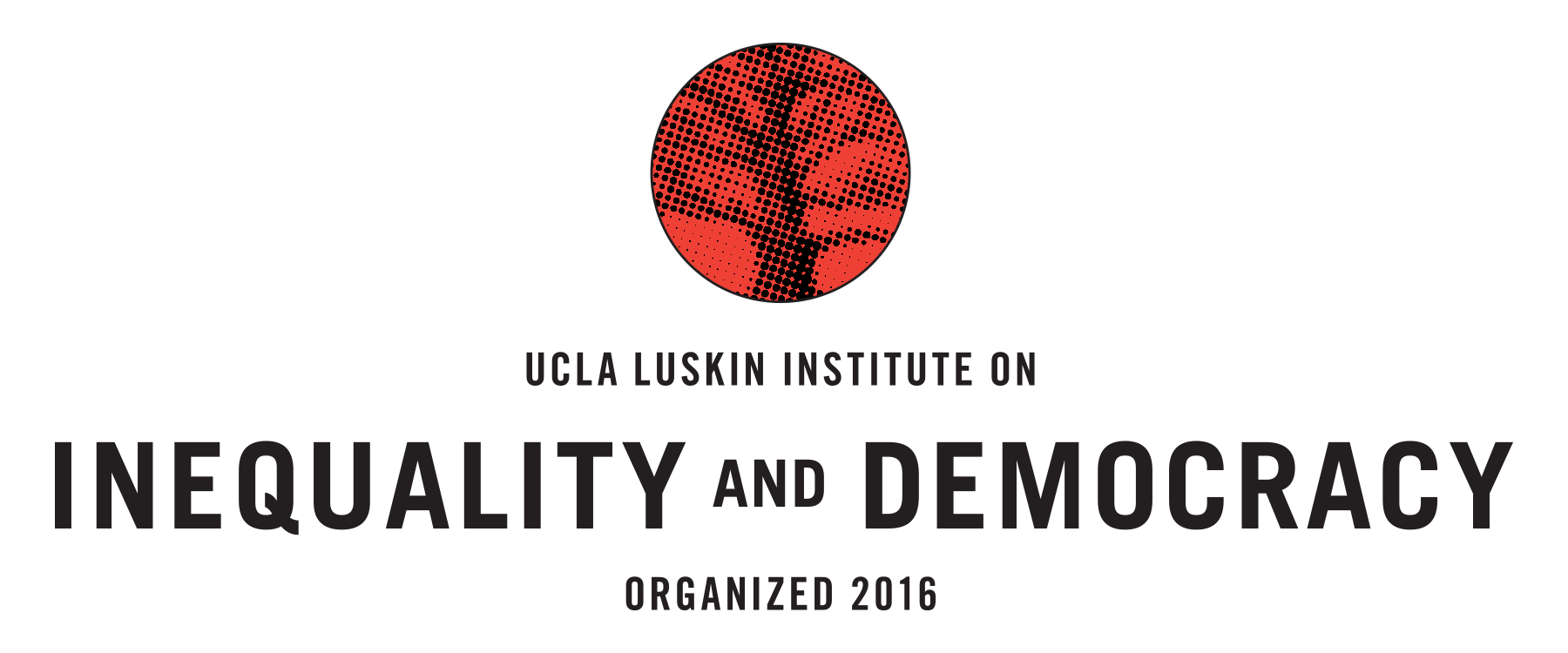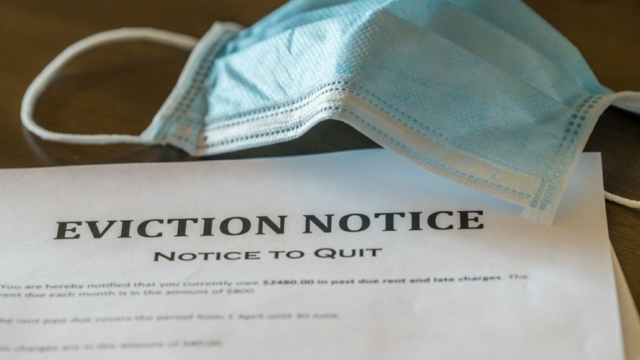Image credit: iStock
COVID-19 and Renter Distress: Evidence from Los Angeles
Michael Manville, Paavo Monkkonen, Michael Lens, Urban Planning, UCLA
We examine the condition of tenants in Los Angeles during the COVID-19 emergency, using data from the US Census, and in particular an original survey of tenants in 1,000 LA County renter households. Our results reveal distress along multiple dimensions, almost all of them stemming from losses of work and income. These economic losses interact with many renters’ low household incomes and other pre-COVID vulnerabilities to create a host of difficulties, which could compound over time if left unaddressed.
The renter distress we document owes to two overlapping factors. First, renters are more likely than homeowners to have lost work or income during the pandemic. Second, in part because of their pre-pandemic lower incomes and insecurity that can accompany renting, renters who have lost work or income during the COVID emergency are faring worse than homeowners in a similar position. Compared to homeowners who have lost employment or lost income, in short, renters who have lost employment or income are more likely to struggle financially, and to suffer from depression and anxiety.
The most important manifestation of renter distress is nonpayment of rent, and we find that troubling proportions of tenants are unable to pay rent, in part or in full. This nonpayment puts those tenants at risk of eviction, and by our estimate, about 15 percent of tenants who are behind on their rent have been threatened with eviction. Eviction, however, while doubtless the most dire consequence of nonpayment, is not the only consequence. Renters are also suffering disproportionately from mental health problems and food insufficiency. Many—even among those tenants paying on time and in full—are relying on credit cards, loans from family and friends, and even payday and other emergency loans to cover their expenses.
Read >> Renter Nonpayment and Landlord Response: Evidence From COVID-19 (Published July 27, 2022)
Read >> COVID-19 and Renter Distress: Evidence from Los Angeles (Published August 31, 2020)




